Advanced Placement courses have become largely a buzzword amongst high-achieving high school students. With increasing competition within college applications, the College Board itinerary has become one to fully embrace with 7 AP courses within a school year, collecting exam scores like baseball cards by June. This story rings true for Hayfield’s Harvester News’ Editors-in-Chief, and based off the classes we’ve taken, we’re here to tell you what AP exams passed our 1-5 scoring threshold.
Humanities:
 AP World History: 5
AP World History: 5
I highly encourage all rising sophomores to enroll in this course. Firstly, the information you learn is tremendous in scope and gives you a great sense of international history that I, personally, believe is invaluable. More importantly, AP World History teachers expect that, for most students, this is their first introduction to an AP course. Therefore, a great deal of time is spent throughout the year not just learning the course material but also how to approach stimulus-based multiple choice questions, short answer questions, and long essay questions. If you decide to skip this course, I can guarantee that you will have to spend more time acclimating to the course’s style in AP US History the following year compared to your peers as that class moves much faster with much less sympathy for skill trial-and-errors.
 AP US History: 3
AP US History: 3
If you do the textbook reading in this class, which is recommended to do well, the course load is terribly overwhelming. With many daily reading quizzes, APUSH is no easy AP class. It can feel like there is always an assessment to be studying for. However, it prepares you for a college workload when some other AP classes don’t actually prepare you. If you liked AP World, I’d suggest taking this course if you can handle more work outside of class.
 AP Government: 5
AP Government: 5
As someone who disliked most history courses, I can confidently say that AP government is one of the best classes you can take. Not only do you learn about the fundamental processes of government, but considering this is s senior class, it comes at the right time.You take this class before or around the time you are eligible to vote, teaching you real world information that you will use for the rest of your life. AP Government is one of the easiest APs to understand, with a very manageable amount of assignments and engaging lectures, the class is actually fun to attend.
 AP Comparative Government: 5
AP Comparative Government: 5
So far this is the best AP class I’ve ever taken! No matter which teacher you get, you’re going to be set up for success and learn in depth about the US government and other government systems around the world. The tests don’t have that complex AP wording the other AP histories have, so it’s not hard to maintain an A in the class, and the only time I’ve had homework was studying for a test or a quiz.
 AP African American History: 5
AP African American History: 5
It should be noted that the curriculum in this class changes from year to year- my current experience is probably different from others from previous years of this class. But I love this class! I’ve learned so much that was never taught in a traditional American history course. The tests are easy, and if you stay organized and on top of your work, it’s not hard to do well in this class.
 AP Psychology: 5
AP Psychology: 5
The rumors are true; AP Psychology is an easy course. The multiple choice questions are straightforward to the point that I often am able to make 3 passes through an entire test and finish before the timer goes off. The vocabulary, which is notorious for being lengthy and requiring a great deal of memorization, often gives its definition in the vocab word itself- such as ‘social desirability bias’ or ‘wording effect’. If you’re even the slightest bit interested in psychology, I encourage you to enroll in this class.
English:
 AP Language and Composition: 4
AP Language and Composition: 4
I’m aware that most juniors, when deciding between which one or two AP classes to take, choose AP Language and Composition as their difficult course. I don’t think this choice is without merit. Afterall, there’s virtually never homework, the content they teach you about writing essays and test-taking strategies are more of a suggestion to apply rather than information you have to know in order to pass the class, and no one English teacher in the department has a ‘if-you-get-them-drop-out-immediately” reputation. This being said, this is a skill-based class focused entirely on reading and writing, which either you have already developed naturally and will be able to coast through the year with an ‘A’ or you’re going to have a ‘B’ or lower, frantically trying to make up for the years spent having not touched a book. I do think that this class is important and should be taken, however, I don’t hear very many people talking about the number of students that fall into the latter category and feel like they weren’t warned.
 AP Literature: 5
AP Literature: 5
It’s important to note that your experience in this course may depend on what teacher you get, but neither side will result in wanting to drop the class. AP Lit is fundamentally similar to AP Lang, but it focuses on fiction rather than nonfiction. The three essays include analyzing a passage, analyzing poetry, and a Literary argument focused on a work chosen by the student. That’s right, you choose a book (which you won’t have in front of you) and write about it. The College Board does provide a list of suggestions that can work well from the prompt, but it is your job to have actually read them. While it may sound scary, the Lit teachers at Hayfield do an excellent job at preparing students for this, selecting multiple works of fiction to be analyzed throughout the school year. That being said, if you truly want to be successful in this course, it is necessary that you actually complete the required readings. Not only will it make your in class essays stronger, but your understanding of the complexities of a chosen work will increase the likelihood of getting a 5 on your exam.
 AP Capstone Seminar: 3
AP Capstone Seminar: 3
I’ll give this class credit for single handedly preparing me for college- I can now write in depth research papers and collect data on a level you’re expected to in higher education. However, you pay the price for this. If you’re already having a very busy year with AP classes, I wouldn’t recommend taking this class unless you’re willing to allot a heavy amount of time outside of class for it. It’s a lot of work, a lot of writing, and a lot of group work that can be frustrating if you’re paired with people that don’t do the work.
Science:
 AP Biology: 4
AP Biology: 4
This course is proof that anyone can take an easy concept and make it challenging just for the sake of it. The foundation of the majority of the units stems from information you’re taught in your freshman biology class but with a touch of added nuance and vocabulary here and there. This being said, the daily reading quizzes- based off of a textbook from 2011- are abundant and from the same vein of that of a bee: one won’t kill you, but 1,000 may be a different story.
 AP Chemistry: 3
AP Chemistry: 3
AP Chemistry will truly test your love for the subject. It’s a balance between learning difficult concepts and enjoying the labs you do with your classmates. It builds on everything you learned in Chemistry Honors, making the background knowledge practically essential for success. The class will take outside effort, only making the course worth it if you are willing to dedicate your time to AP Classroom.
 AP Environmental Science: 3
AP Environmental Science: 3
This class was not exactly for me- I’m not the most science oriented person so I found myself disinterested in the labs and rarely did great on the tests. However, I can see how some people would enjoy this class because it’s thought of as easier than the other AP Sciences and can be really fun if you stay on top of your work!
 AP Physics 1: 2
AP Physics 1: 2
AP Physics is completely different from any other AP science class offered at Hayfield. The class is taught without a slideshow or notes, with lectures at the board at the beginning of most classes. Most of the learning is hands on through labs, and there is usually one every class. While the labs are enjoyable, it can make it a little difficult to understand where you actually are on the course, with many students asking, ‘what unit are we actually on?’ The tests are brutal, with the majority of students not even making it to 50%. While the class is mostly enjoyable, many students believe they will be the one to break the curse and be awesome at physics. While the class is doable, AP Physics’ ranking as one of the most difficult courses is definitely deserved.
Math:
 AP Precalculus BC: 4
AP Precalculus BC: 4
I am a firm believer in that Algebra 2 is a much more difficult course than precalculus. Once you’ve gotten to this course, after taking 3 years of some sort of algebra class through middle and high school, it’s nearly impossible not to have somewhat of a solid mathematical foundation. The most difficult part of learning is over; this is your year in math to coast off of all of the work you’ve already done. Yes, the course’s content is new, but it’s based on prior algebra and geometry information that you’re just applying in a slightly different way. I highly recommend taking this AP class.
 AP Calculus BC: 3
AP Calculus BC: 3
There are only two types of students in BC Calc, the ones who understand, and the ones who don’t. It’s important to be alert and paying attention during class, as the pace is so fast it’s easy to miss something. If you find yourself in the “ones who don’t,” it’s more than possible to understand. The AB portion goes by so fast, and only slows down once it’s time to go through the Taylor Series during BC. If you want to put the effort in, it’s a great choice. Otherwise, just take AB.
The Rest:
 AP Macro/Micro Economics: 4
AP Macro/Micro Economics: 4
Your success in this course is almost exclusively based on your scores on the daily problem sets. If you pay attention and ask for help, you’ll not only do well but enjoy what you’re learning! The tests have curves to improve your grade and the teacher is very nice and helpful!
 AP Music Theory: 3
AP Music Theory: 3
This course starts off slow and then never stops speeding up. The first unit is the fundamentals of music notation and simple melodic dictation, that 100 you get on the first unit test truly makes you believe you’ll be the next Mozart. After this, the class progressively becomes more difficult until you wonder what good learning about 18th century voice leading will do for you. Looking back, I do actually use some of what I learned on a daily basis as a musician. This class is honestly what you make of it. If you want to put the time into practicing what the different intervals sound like, it’s the perfect class for you.
 AP French: 3
AP French: 3
AP French is a strange choice at Hayfield. It is run simultaneously with French 5 HN, and the class only exists every other year. Most students have already taken French 4 DE the year before, or will have the opportunity to the year after. This leaves the only students truly enrolled in AP as seniors who had originally wanted to take DE but couldn’t due to a small class enrollment size, or students who truly want to challenge themselves. The AP credit is the exact same as the DE credit, pushing many students to choose 5 HN instead. The class itself is run differently than most French classes, with the focus being on “how can we actually use French?” There are less moments where you are filling out vocab and grammar in your cahier (notebook in French), and more class readings and discussions. The AP exam itself can also vary wildly. You can be asked about any French speaking country in a prompt, and even if you know the topic, the prompts themselves can often be boring. While the class itself is by far the best French class I have ever taken, the increased workload and stress of the AP exam, for what is usually a repeat credit, pushed many students (including myself) to select 5 HN. While the class itself is enjoyable, it receives a low score, only because you can get the credit in other ways.
Did we miss anything? Feel free to leave your ranking in the comments!


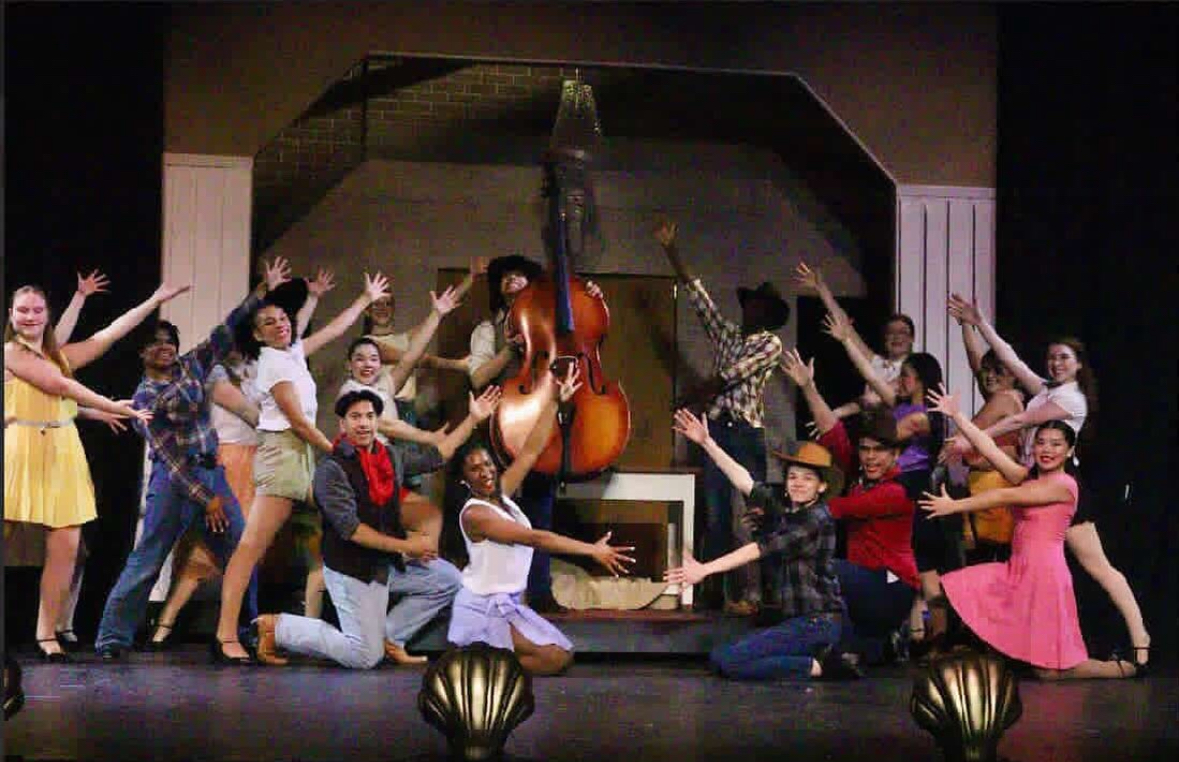



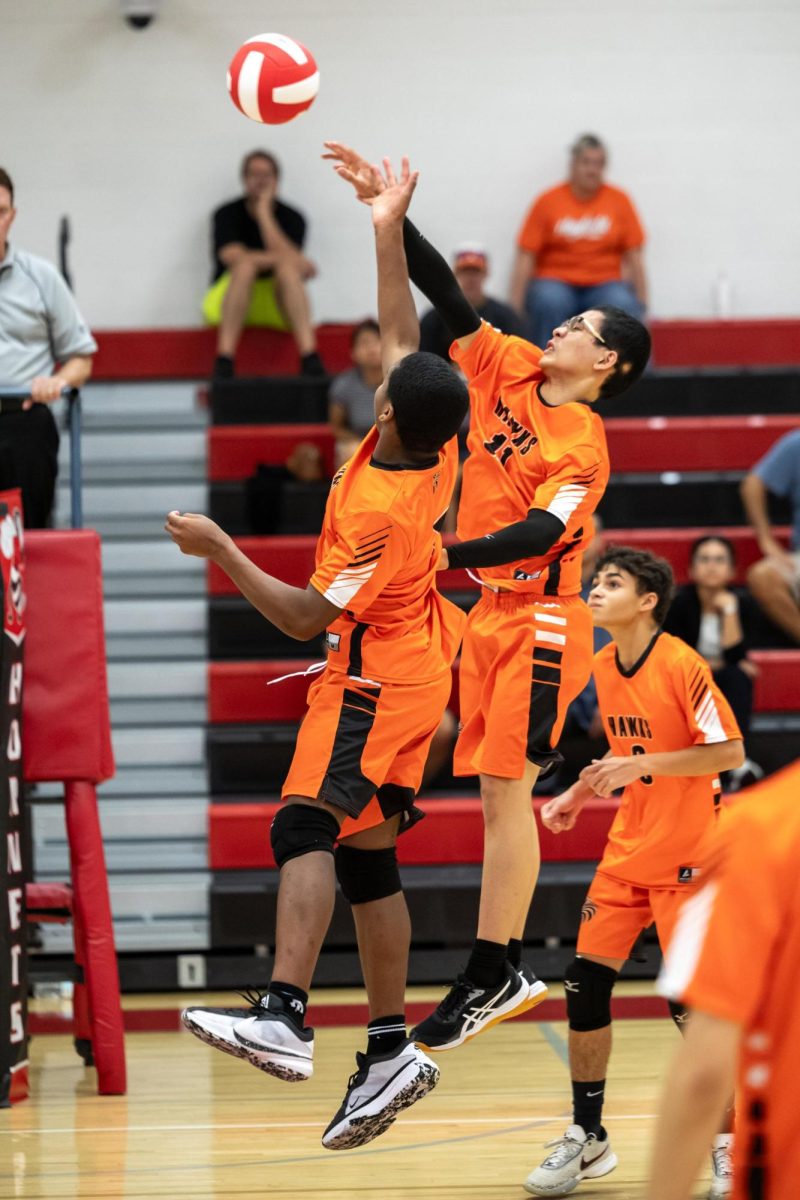

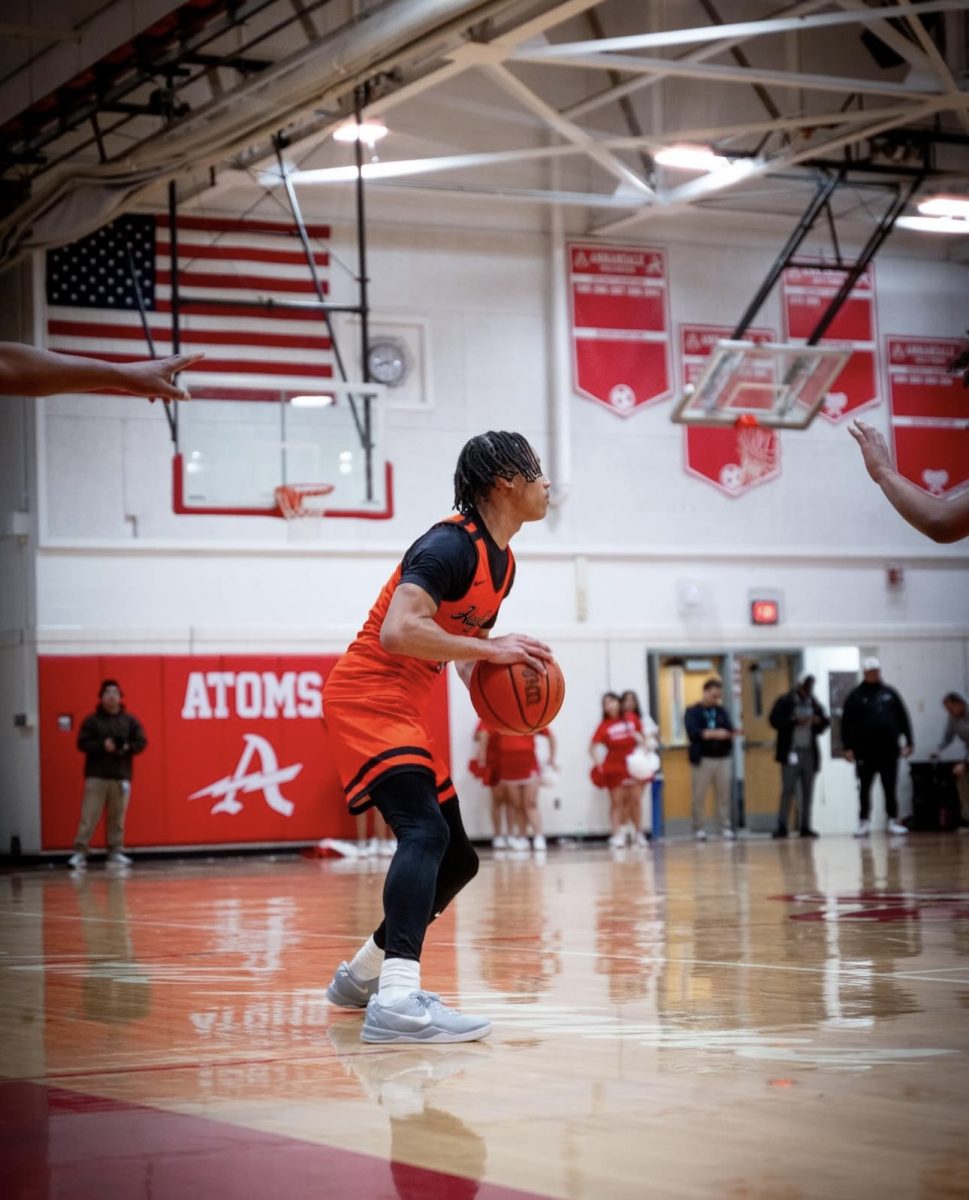


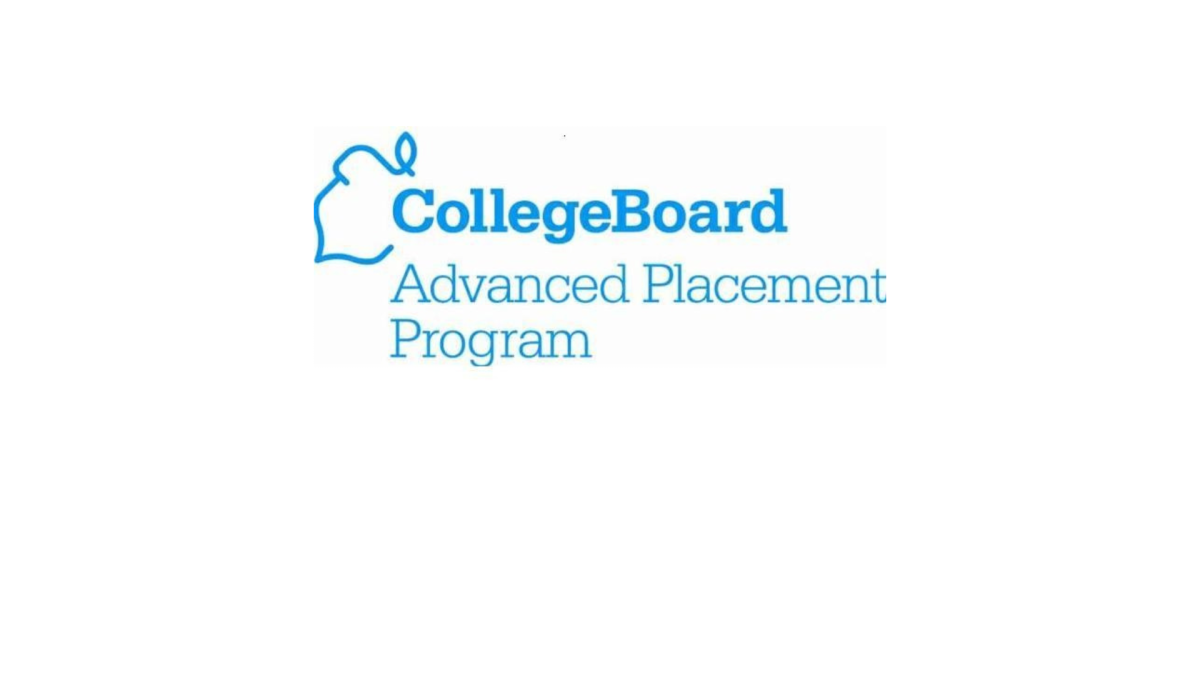






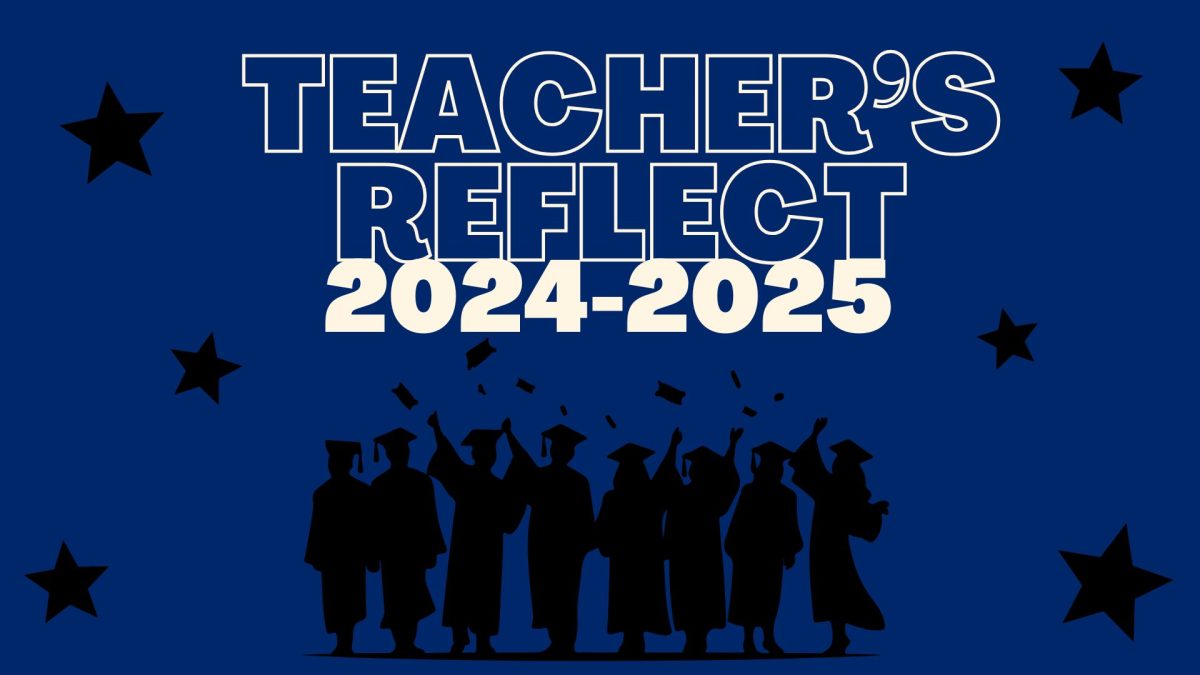








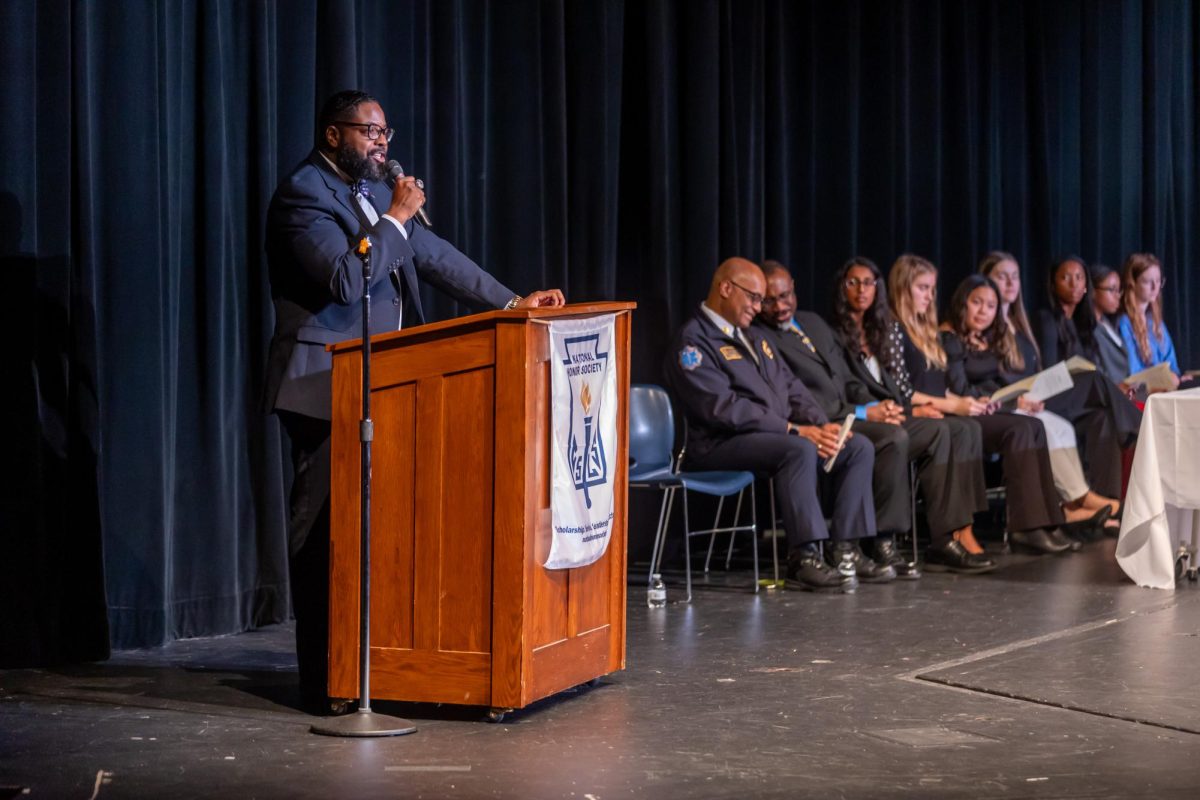



Ethan Odom • Mar 20, 2025 at 8:20 pm
Physics C is very similar to physics 1 but with some key improvements. While there are still white board lectures and labs most are more understandable. The tests grades tend to be higher often falling between the 65s-80s. The biggest difference comes with the students, as most enter with knowledge from physics 1 and a determination or vendetta to actually go through another Physics class. I feel that’s Physics C while still very challenging is a better class than its predecessor. I would give it a solid 3